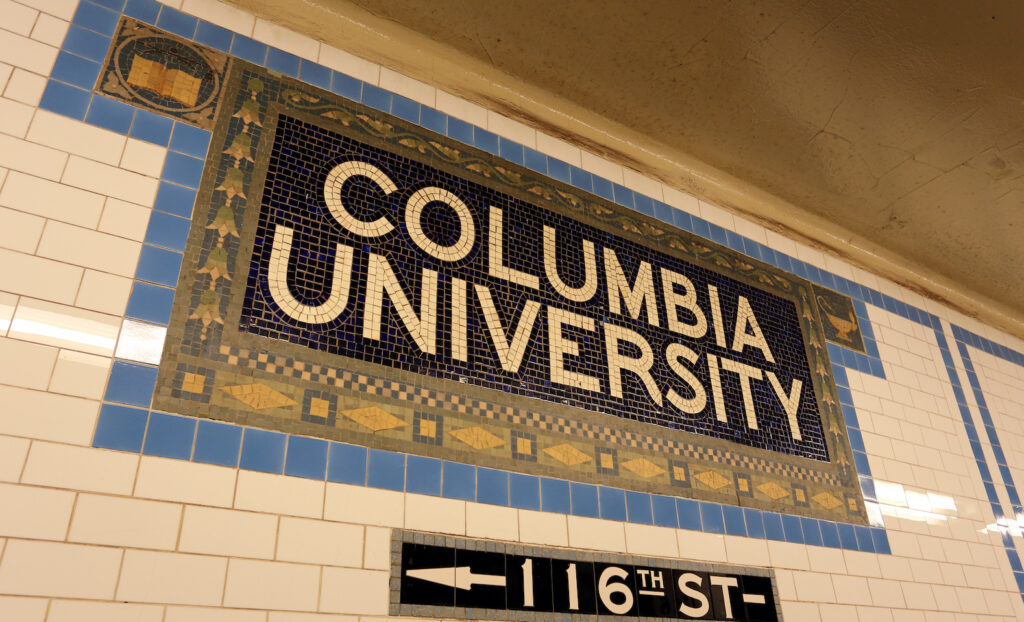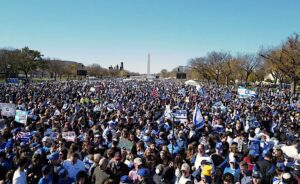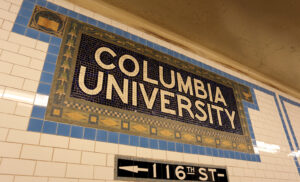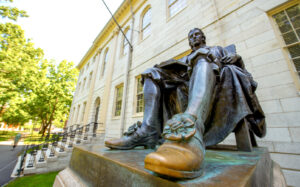‘The vitriolic environment is indefensible’: Columbia University admits to antisemitism on-campus, faces multiple lawsuits
Columbia University is the latest Ivy League college to face serious charges of enabling antisemitism and religious harassment on campus.
Columbia’s Task Force on Antisemitism released its…

Columbia University is the latest Ivy League college to face serious charges of enabling antisemitism and religious harassment on campus.
Columbia’s Task Force on Antisemitism released its initial report on the issue Tuesday, admitting Jewish and Israeli students have been harassed on campus.
After the Hamas terrorist attack on Israel took place in October, students became “the object of racist epithets and graffiti, antisemitic tropes and confrontational and unwelcome questions,” the report said, “while others have found their participation in some student groups that have nothing to do with politics to be increasingly uncomfortable.
“Protesters have disrupted classes and events, taken over spaces in academic buildings, held unauthorized demonstrations, and used ugly language to berate individuals who were filming these protests or just walking by,” it continued.
The task force makes a variety of recommendations to ensure on-campus protests are peaceful, such as designating specific spaces for protesting and establishing clearer guidelines around discipline and security.
“Although our report focuses on antisemitism, our recommendations can also bolster efforts to combat Islamophobia, anti-Arab racism, and other types of bigotry,” the report also said.
Columbia University is currently facing two lawsuits from Jewish students.
One suit, filed by five Columbia students, claims the university “selectively enforces its policies to avoid protecting Jewish and Israeli students from harassment, hires professors who support anti-Jewish violence and spread antisemitic propaganda, and ignores Jewish and Israeli students’ pleas for protection.”
Another Jewish student, Mackenzie Forrest, complained in her own lawsuit that she was subject to religious discrimination even before the Oct. 7 attacks.
Forrest says professors tried to pressure her to violate the Sabbath, refused to allow her to attend class via Zoom even though other students could, and eventually forced her out of her academic program.
“The vitriolic and antisemitic environment at Columbia to which Jewish students like Mackenzie have been subjected is utterly indefensible,” her attorney said. “The university’s refusal to provide Mackenzie with a basic accommodation to ensure her safety is not only shameful, but a dereliction of the university’s moral and legal responsibilities.”
Although Harvard, University of Pennsylvania and MIT were the first universities to face widespread criticism for fostering antisemitism, the list continues to grow.
Rutgers, George Mason, Barnard College and now Columbia University – to name a few – are also being scrutinized.
The U.S. House Education and Workforce Committee even added Columbia to its antisemitism investigation.



